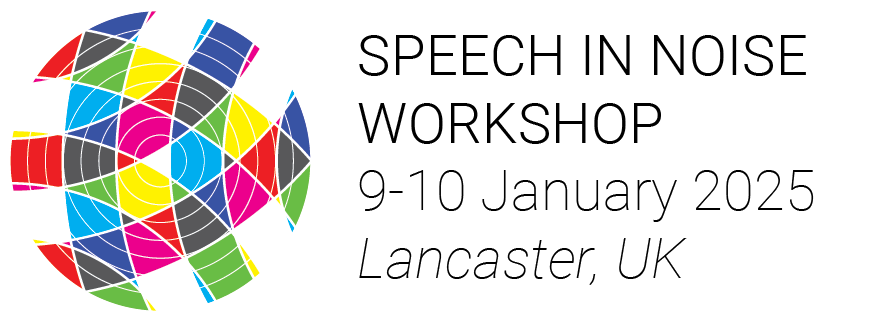P48Session 2 (Friday 10 January 2025, 09:30-11:30)The impact of noise on strategies for joint decision-making in triadic groups
Verbal communication allows groups to make joint decisions by drawing on the knowledge and information contributed by each group member. Language-mediate joint decisions are common and important in many everyday life situations, and yet we know very little about how they are impacted by communicative barriers such as noise or hearing impairment.
To investigate this, we use a task paradigm in which triadic groups answer a series of binary geography questions (e.g., "Which country has the most inhabitants: A) Spain or B) Hungary?"). Group members first respond individually using a confidence scale ranging from -10 (fully confident in option A) to +10 (fully confident in option B). If there is disagreement, members are instructed to reach a joint decision through verbal communication in one of two levels of background noise. To quantify the effects of noise on joint decision-making, we employ a model-based approach in which asserts that the group forms its joint decisions by combining individual members’ prior decisions using one of three strategies. The first strategy, “group averaging”, equally weighs each member’s prior decision in forming the joint decision. The second strategy, "confidence slating", incorporates only the most confident member’s input in the joint decision. The third strategy, “majority voting”, follows the preference of the majority. Confidence slating and majority voting can be considered suboptimal decision heuristics requiring less information sharing at the cost of not utilizing all available information. We hypothesize that these heuristics may be used when sharing information becomes more effortful and/or less reliable due to noise. The inclusion of these strategies is motivated by a previous study on collaborative decision-making in triads, where discussions in high noise levels led to more confidence slating but less majority voting. Using a model of the decision-making process with these strategies formally parametrized, we investigate how the different strategies are affected by background noise. Preliminary results suggest that confidence slating and majority voting are less prominent in high-level background noise, whereas group averaging is more common when discussions take place in quiet.
Joint decision-making tasks provide insights into how the utility of communication is limited by factors such as noise or hearing impairment. These tasks may eventually facilitate more ecologically valid assessments of hearing intervention benefits in real, face-to-face conversations.

